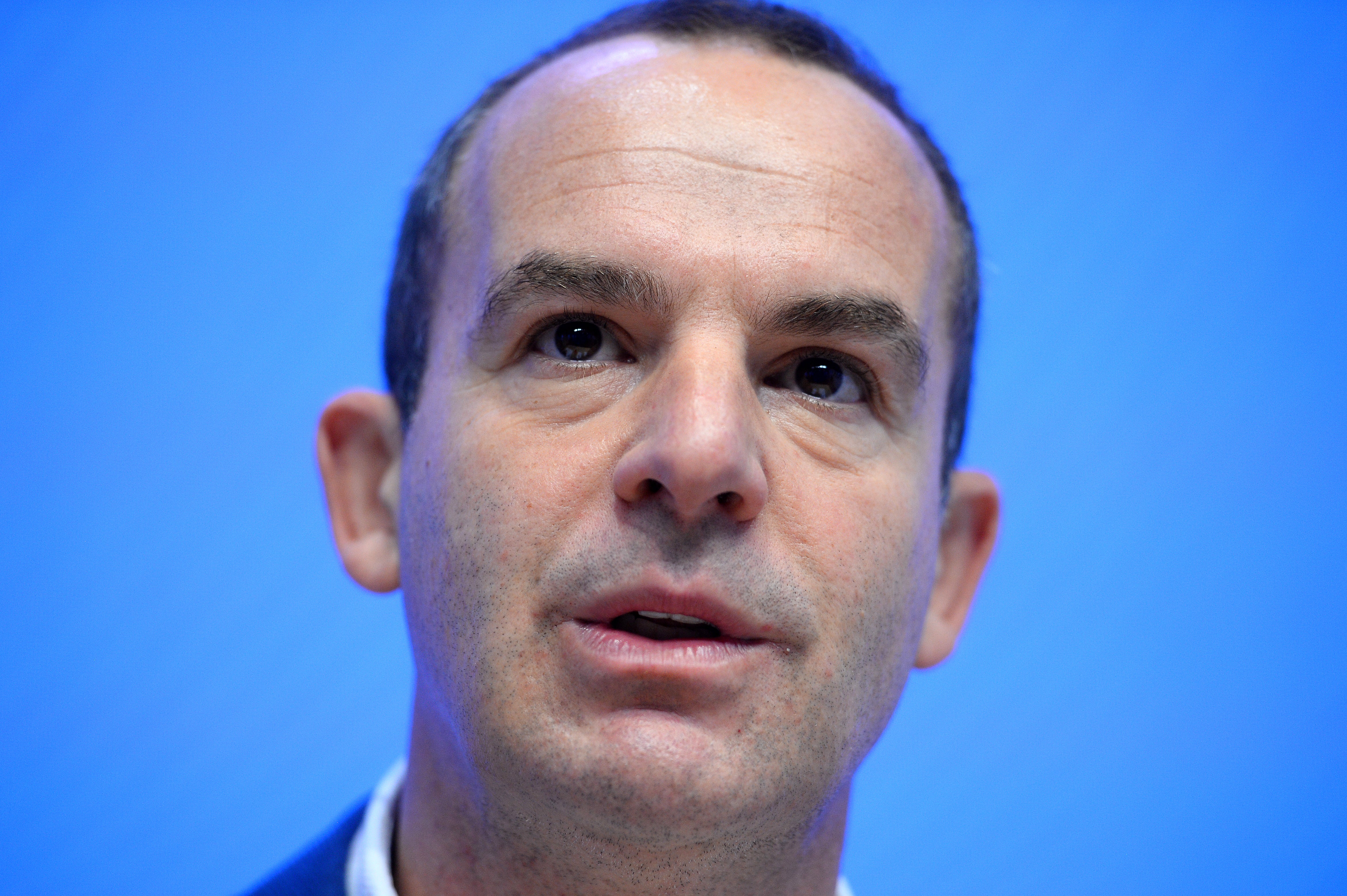Martin Lewis’ money tips for households earning less than £30,000 a year as living costs to soar
On his ITV show on Monday, money expert Martin Lewis advised low-income households to consider claiming benefits, annual prescription services and avoiding buy now, pay later schemes

Your support helps us to tell the story
From reproductive rights to climate change to Big Tech, The Independent is on the ground when the story is developing. Whether it's investigating the financials of Elon Musk's pro-Trump PAC or producing our latest documentary, 'The A Word', which shines a light on the American women fighting for reproductive rights, we know how important it is to parse out the facts from the messaging.
At such a critical moment in US history, we need reporters on the ground. Your donation allows us to keep sending journalists to speak to both sides of the story.
The Independent is trusted by Americans across the entire political spectrum. And unlike many other quality news outlets, we choose not to lock Americans out of our reporting and analysis with paywalls. We believe quality journalism should be available to everyone, paid for by those who can afford it.
Your support makes all the difference.Money saving expert Martin Lewis is advising households earning less than £30,000 on what steps to take amid the rising cost of living.
During his ITV show on Tuesday, Mr Lewis said those earning lower incomes should check what government benefits they are eligible for, re-consider their monthly prescriptions and advised against buy now, pay later services.
Around half of the UK population are thought to earn around £30,000 per year, according to GoSimpleTax, and rising inflation rates and energy bill costs are expected to hit low-income households the hardest.
On considering claiming benefits, Mr Lewis said: “If you have an income of less than £30,000 and you are struggling, it is worth spending 10 minutes on a benefits calculator to see what you are entitled to.”
He also warned viewers about the risks involved in buy now, pay later schemes. “It is a debt even if it is debt free. If you cannot pay it back, it’s difficult,” he said.
On monthly medical prescription services, Mr Lewis suggested people who pay for 12 or more prescription switch to an annual prepayment certificate (a PPC) priced at £108.10, which is a one-off service covering all prescriptions bought within 12 months.
In England, each prescription charge is £9.35 per item.
Mr Lewis has also advised on how best to navigate rising gas and energy costs, as regulator Ofgem increased price caps on bills by 54 per cent in February.
From 1 April, the cap will rise from £1,277 to £1,971 for 22 million households, meaning a £693 per year increase for the average customer.
Mr Lewis advised most people to “do nothing” rather than searching for cheaper deals, due to the unpredictability of the market.
Before the energy crisis, customers would typically shop around for the best energy deals but Mr Lewis advised that there is “no market fix” and warned of further increases predicted for October.
He said: “If we assume that in October, the price cap stays where it is in April, you would have to find a fix that is less than 44% more expensive than where we are right now for it to be worth fixing.”


Join our commenting forum
Join thought-provoking conversations, follow other Independent readers and see their replies
Comments